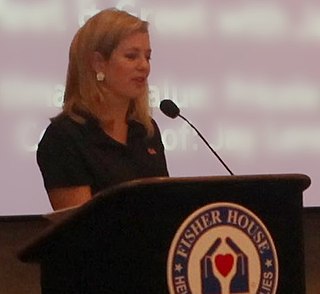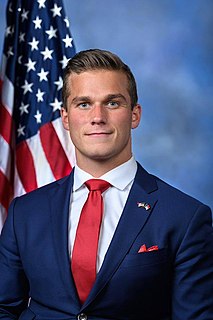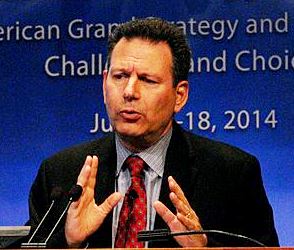A Quote by Brianna Keilar
Military families become familiar with trying to contort their lives around deployments and separations.
Related Quotes
These are things that we hear from military families everywhere we go. But it - on PTSD, the thing that I want to make sure people understand is that the vast majority of veterans and military families aren't dealing with any kind of mental health. But there are - these are what are called the invisible wounds of this war. And many times they don't present.
Through my time in the military and my deployments, I have recognized the importance of having a Commander in Chief who will not only go after those who threaten the safety and security of the American people, but who will also exercise good judgment and foresight in stopping these failed interventionist wars of regime change that have cost our country so much in human lives, untold suffering, and trillions of dollars.
I was out there meeting with a lot of working moms and whenever I would gather a group of women, there was always a voice that was unfamiliar to me, and it was the voice of a military spouse, oftentimes a woman, oftentimes working, many times in a position where they've had to move every two or three years, where their kids have had to change school multiple times, people dealing - families dealing with multiple deployments, dealing with the stresses of reconnection.
I'll tell you what they're all going to face, whichever one of them becomes president on January 21st of 2009. They will face a military force - a United States military force that cannot sustain - continually sustain 140,000 people deployed in Iraq and the 20-odd or 25,000 people we have deployed in Afghanistan and our other deployments.





























